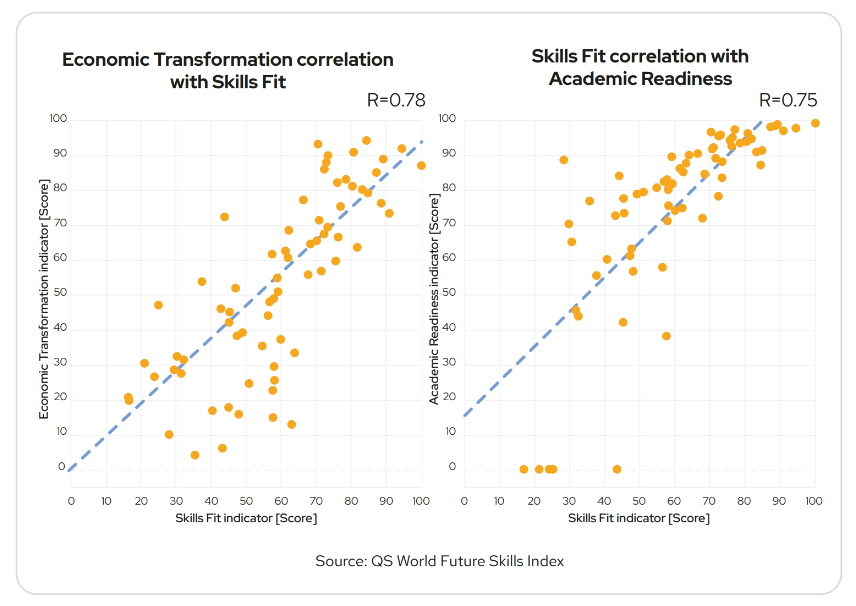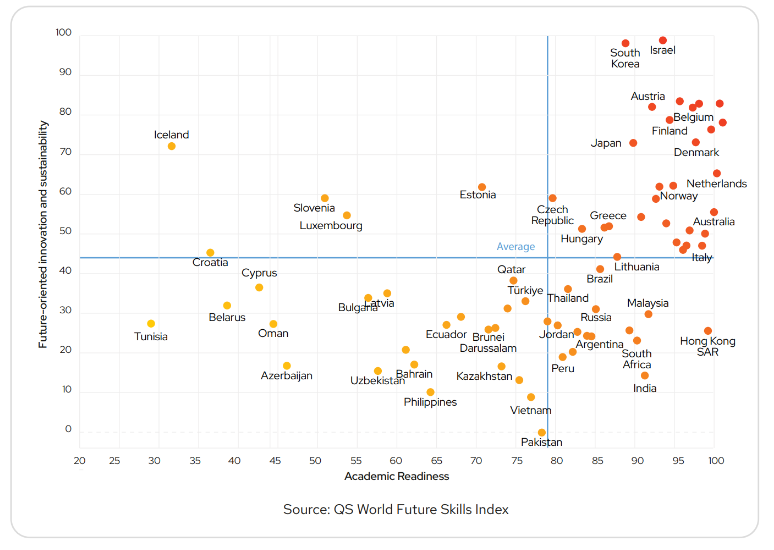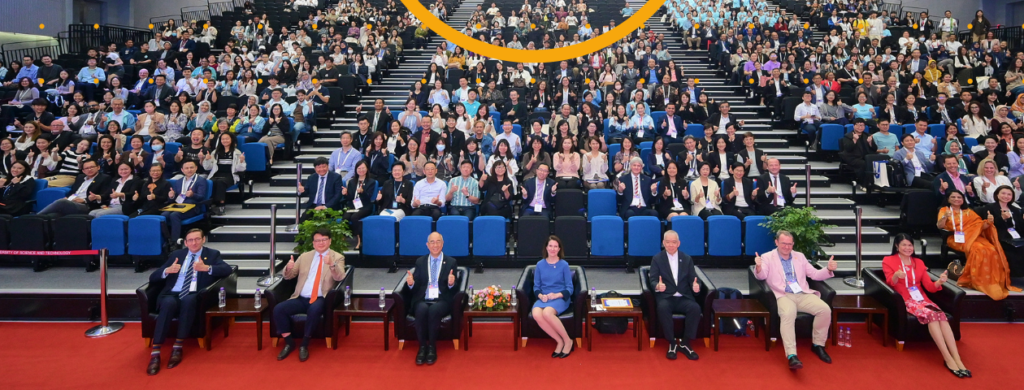
The world of work is changing. Unprecedented rates of technological change mean that up to 375 million people may need to retrain in a new career and learn new skills by 2030 according to McKinsey’s ‘Jobs Gained, Jobs Lost’ report. It’s clear that governments and higher education systems must work together to build the capacity necessary to reskill and upskill workers.
However, not all countries are at the same stage, with some countries lacking the economic power to utilise their skilled workforce fully, while others don’t have capacity or quality in their higher education systems to be at the forefront of change.
The QS World Future Skills Index in summary
The QS World Future Skills Index evaluates how well countries are equipped to meet the evolving demands of the international job market. It aims to empower governments to align education and skills with future demand, fostering innovation, sustainable global competition and talent development.
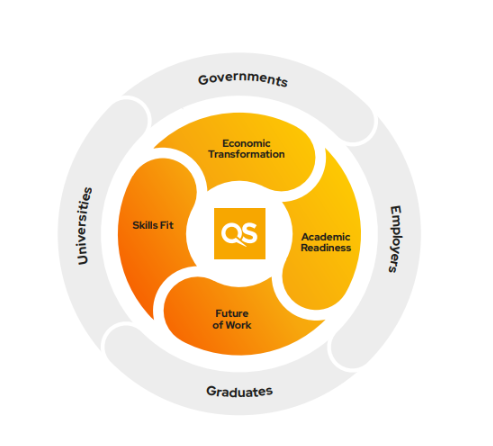
The Index reveals a significant gap between nations at the forefront of skills development and those which are still emerging. Leading countries are making concerted efforts to integrate new technologies into their education systems, while emerging countries are working to address critical gaps, often lacking the infrastructure and capital necessary for rapid adaptation.
Rapid industry innovation
There is a cluster of countries that are seeing their economies and future industries transform faster than the new skills adoption of their workforce. This requires reskilling of their workforce and increased investment in attracting highly skilled talent to their country.
Skills supply outpacing skills demand
Some countries are seeing economic stagnation despite an excess of transformational talent. Stimulus needs to be provided through research innovation and industry partnerships to drive economic growth.
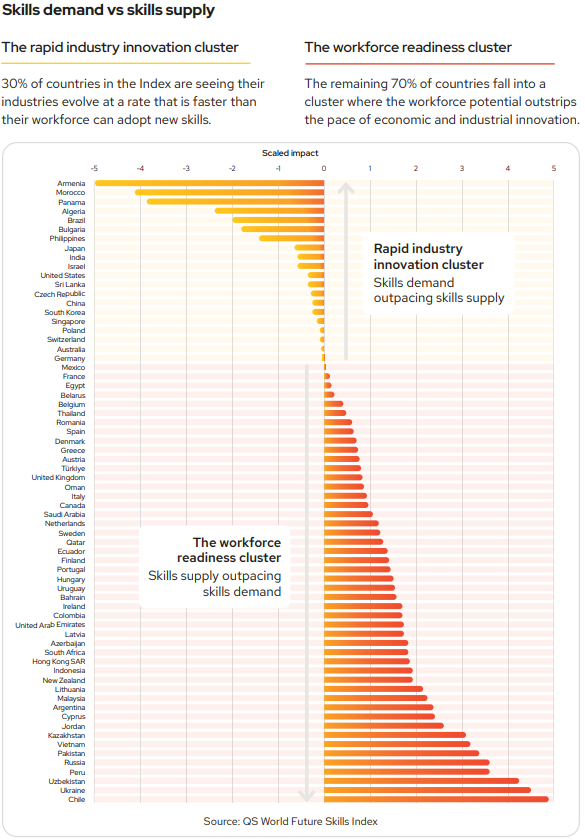
Education is key to thriving economy
There is a strong correlation between good economic performance and higher education success. In the briefing paper, Matteo Quacquarelli, Vice-President of Strategy and Analytics at QS writes:
“The findings of the QS World Future Skills Index are clear – innovation in a country’s higher education system and ensuring the sector’s long-term sustainability is fundamental to a growing national economy. It’s an important time for governments and higher education institutions to recognise that a huge disruption to workforce norms is on the horizon.”
To succeed, government policy, industry needs, and higher education’s curricula must all align to create the environment for a country to succeed and be future-ready.
What does the briefing paper include?
The QS World Future Skills Index briefing paper explores higher education’s relationship to a country’s economy and has in-depth analysis of the Index results.
Understand the landscape
- How industrial innovation is impacting the future workforce
- The introduction of AI, Digital and Green skills into the workforce
- The risk of not upskilling the workforce
- How economic stagnation and declining industries will be affected by industrial innovation
The QS World Future Skills Index
- Key findings of the Index
- Global analysis and trend data
- Top performers per Index indicator
